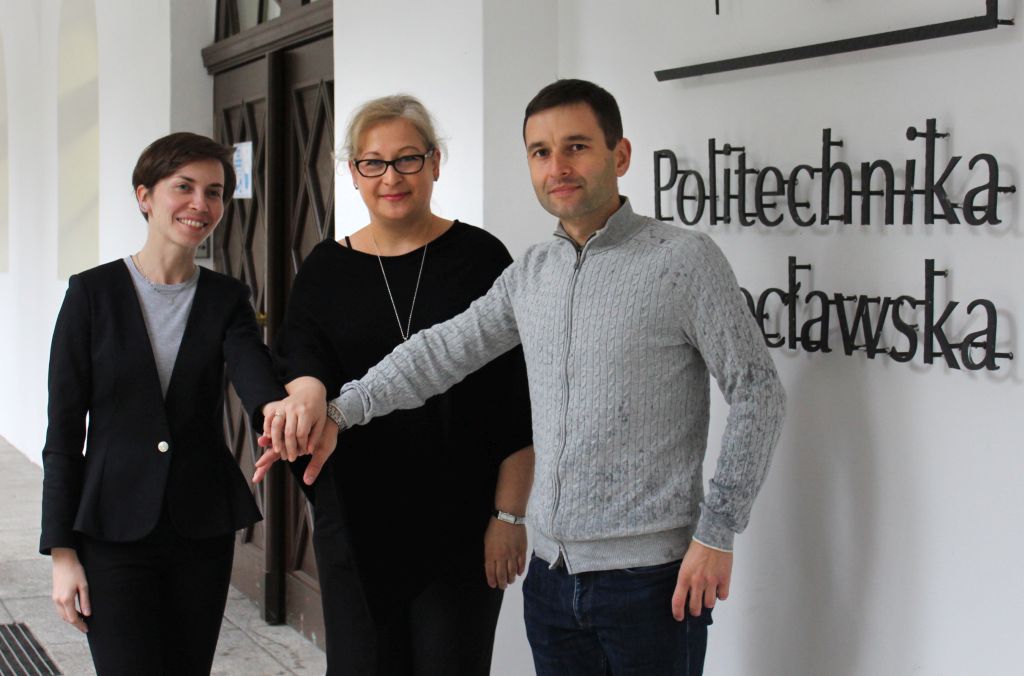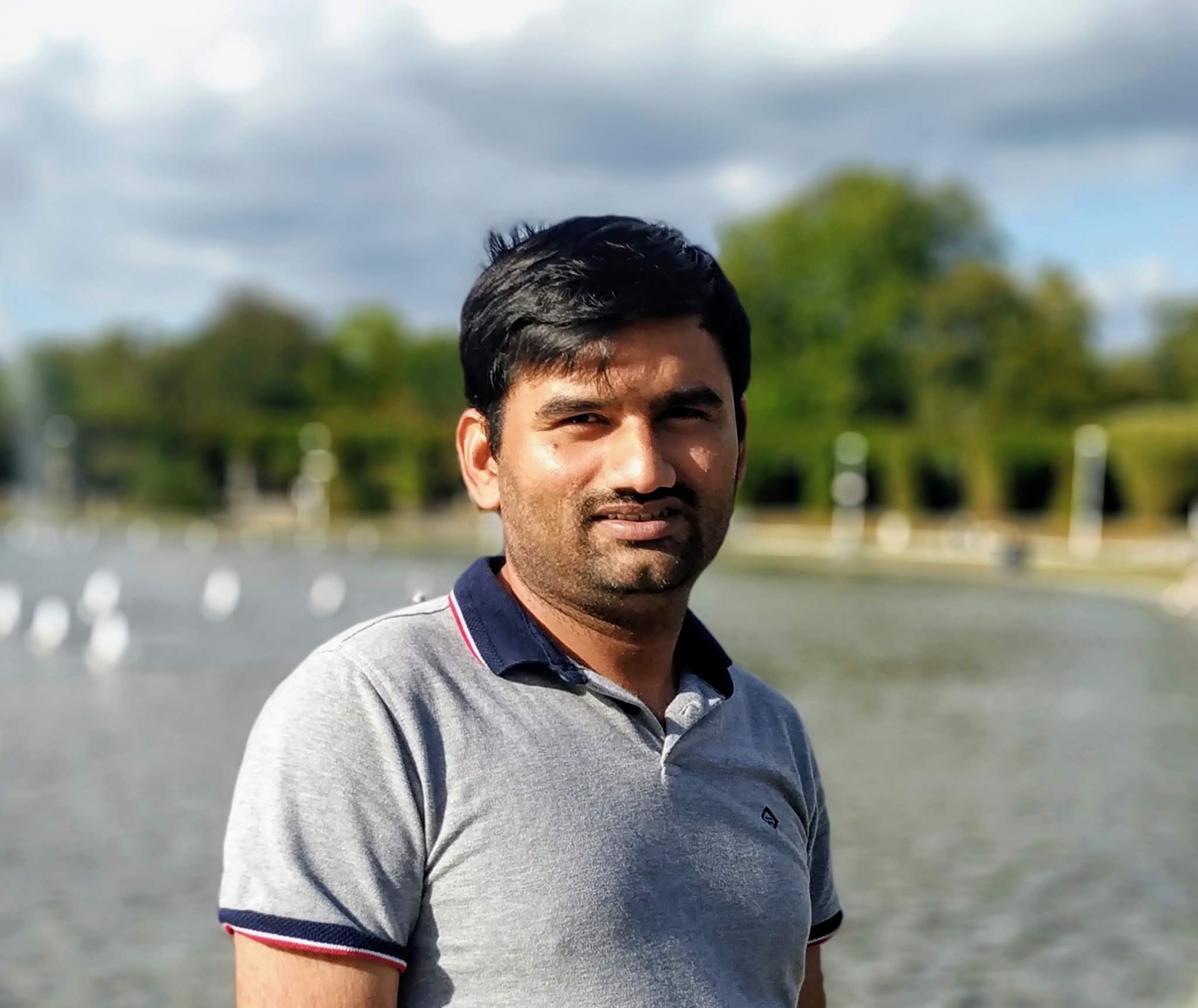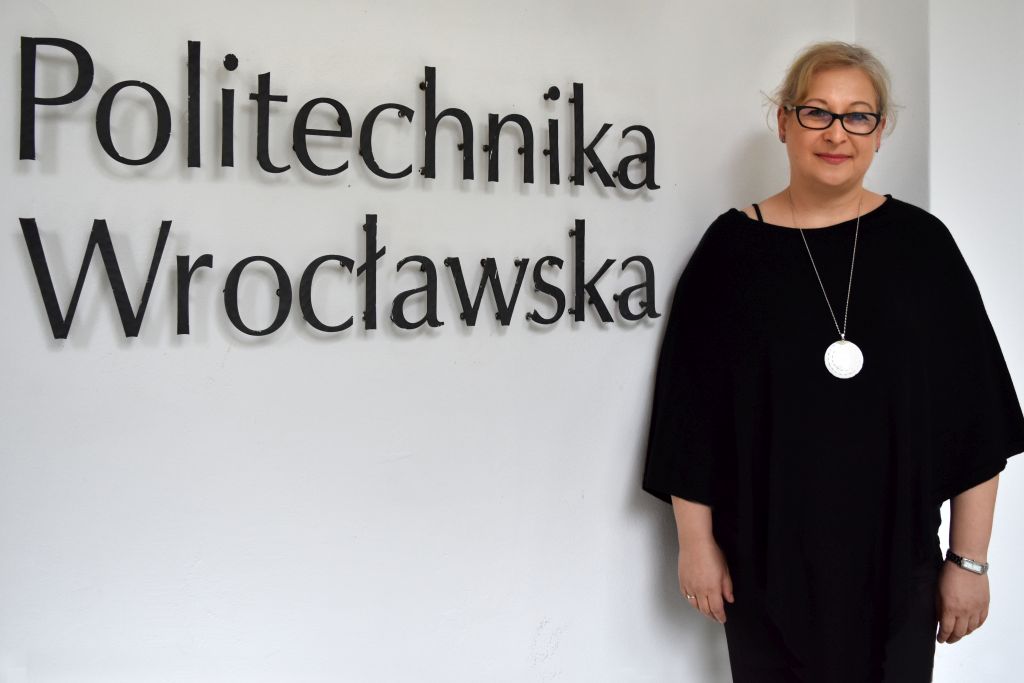YOUR BROWSER IS OUT-OF-DATE.
We have detected that you are using an outdated browser. Our service may not work properly for you. We recommend upgrading or switching to another browser.
Date: 26.09.2020 Category: awards, general news, science/research/innovation
A team of researchers headed by Joanna Bauer, PhD, Eng, from the Faculty of Fundamental Problems of Technology, has won the Grand Prix of the Innovation Radar Prize 2020 competition. The jury appreciated the team’s research into nanomaterials that can improve the diagnostics and treatment of breast cancer.
 Every year, Europe’s best innovators are selected in the Innovation Radar Prize competition, and the winners of this year's edition were announced on September 24 during the European Research and Innovation Days 2020.
Every year, Europe’s best innovators are selected in the Innovation Radar Prize competition, and the winners of this year's edition were announced on September 24 during the European Research and Innovation Days 2020.
Wrocław University of Science and Technology was nominated in the Innovative Science category. Our scientists received the main prize for multi-purpose hybrid nanomaterials for the therapy and diagnostic of breast cancer, which can revolutionise the diagnostics and treatment of these cancers.

The NANOCARGO project was carried out by a scientific team headed by Joanna Bauer, PhD, Eng, of the Department of Biomedical Engineering. The research, funded by the EU Horizon 2020 programme under MSCA Individual Fellowships, also involved a scientist from India, Nanasaheb Thorat, PhD.
Our researchers developed a unique method that belongs to the field of so-called theranostics, an innovative approach combining therapy and diagnostics.
– Our multifunctional hybrid nano-carriers, equipped with a kind of biological detector and a dedicated drug, smartly recognize cancer cells. The cancer is destroyed in three ways at the same time – through personalised chemotherapy, as well as magnetic hyperthermia and photothermal therapy, causing local hyperthermia and, as a result, the death of the cancer cells – explains Doctor Joanna Bauer.
We currently distinguish between more than ten types of breast cancer, each of which has a different prognosis requiring individual therapy. About 2 million people fall victim to this type of cancer every year. One per cent of the cases affect men, and it is in their case that the prognosis is the worst, as the disease is usually diagnosed at an advanced stage. Treatment is seriously hampered by the fact that most cancers show so-called chemo-resistance, which means that over time, they become less or less responsive to the cytostatic drugs administered.

– The technology we have developed promotes a comprehensive approach to cancer treatment. It’s applied locally, and thus it’s minimally invasive and toxic to healthy organs and tissues. Nanocarriers recognise cancer cells and deliver cytostatic substances directly to them. The drug is released in cancer selectively, with the right dose and the right time. At the same time, nanoparticles also act as a diagnostic agent, which makes the tumour visible by means of computer tomography or magnetic resonance imaging, thus allowing better monitoring of therapy results over time – adds Doctor Bauer.
Conducted between October 1, 2018, and August 31, 2020, the NANOCARGO project (Photo/magnetic stimulated nanocargos for superior cancer treatments) received funding from the European Commission amounting to 146,462 EUR under the MSCA Individual Fellowships (EF) grant.
Our site uses cookies. By continuing to browse the site you agree to our use of cookies in accordance with current browser settings. You can change at any time.